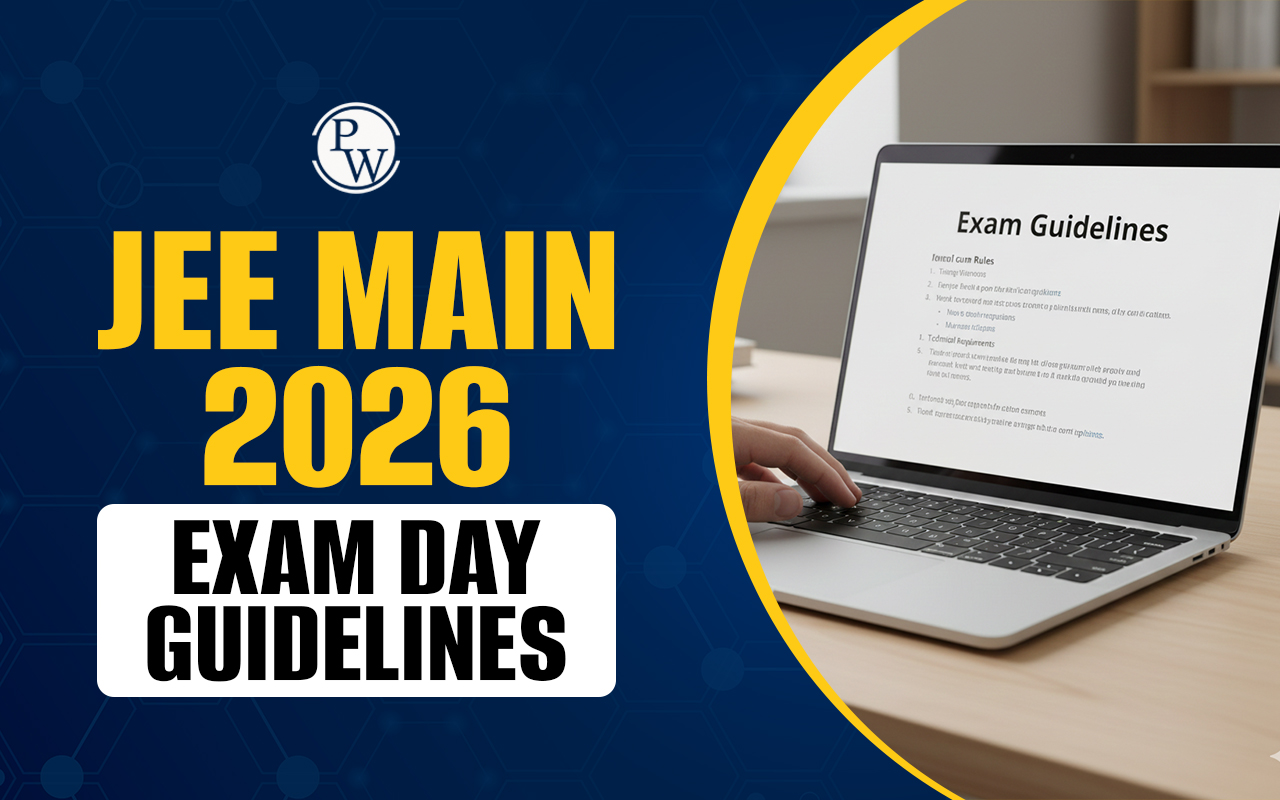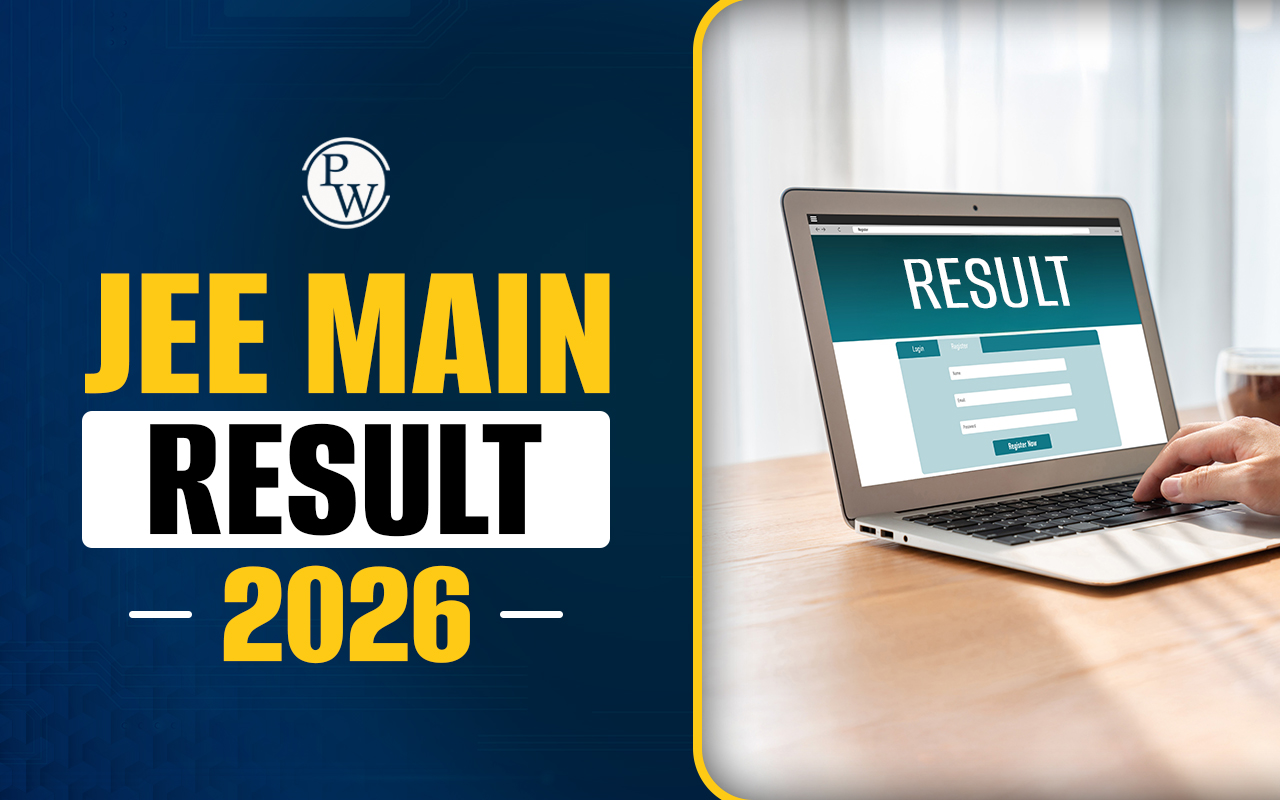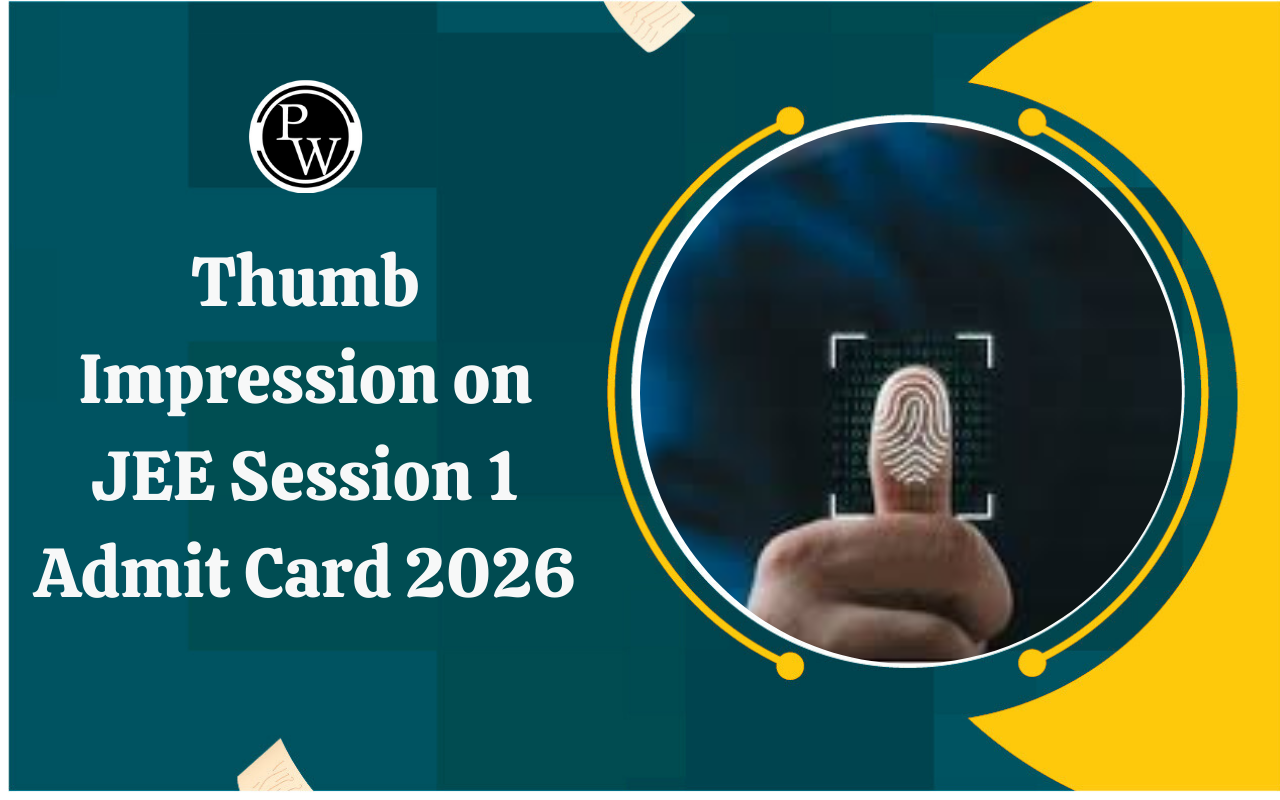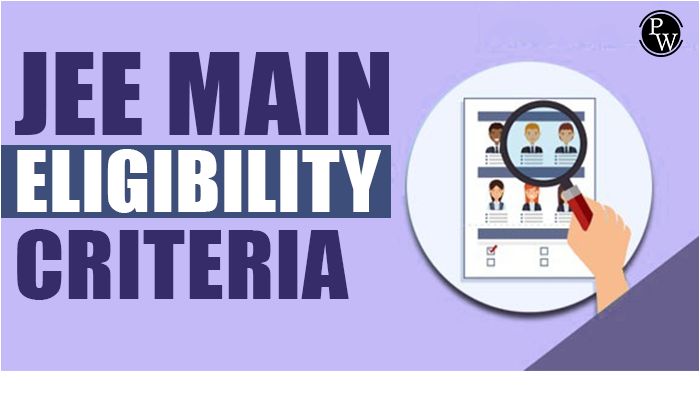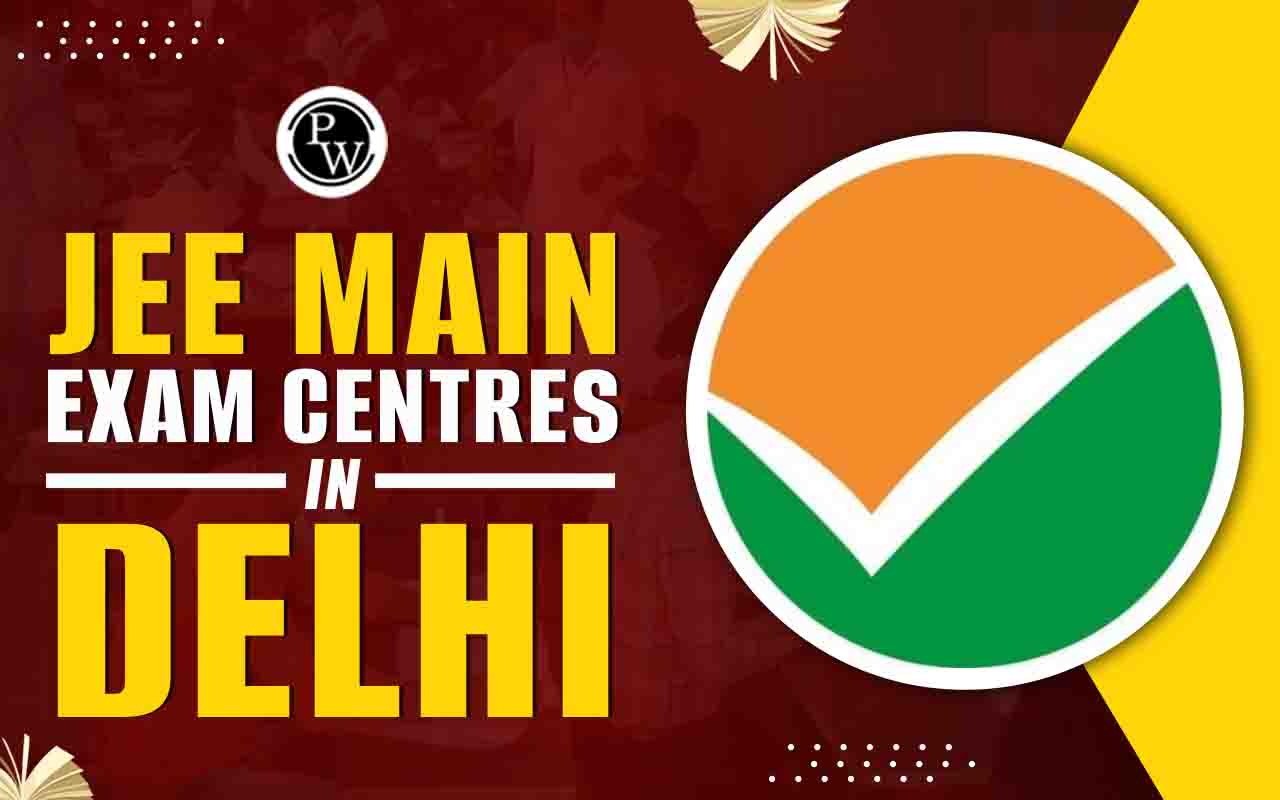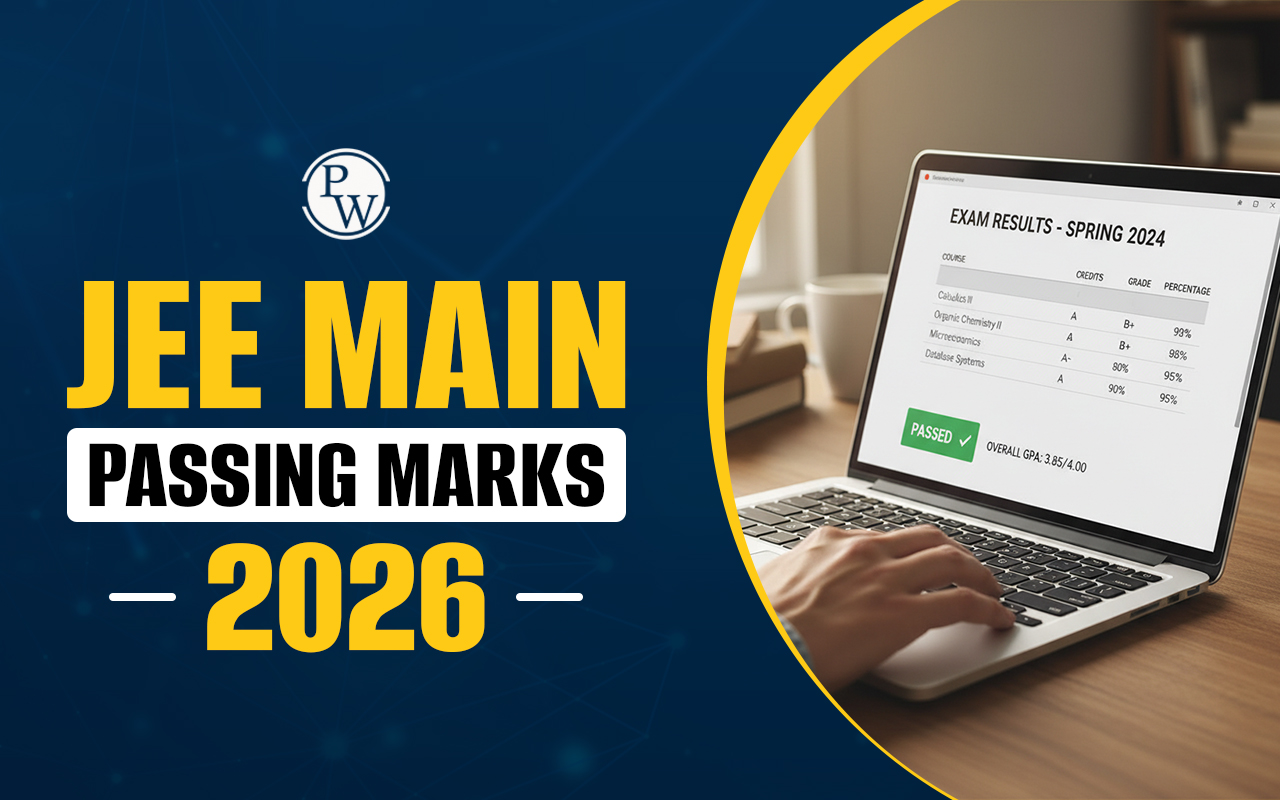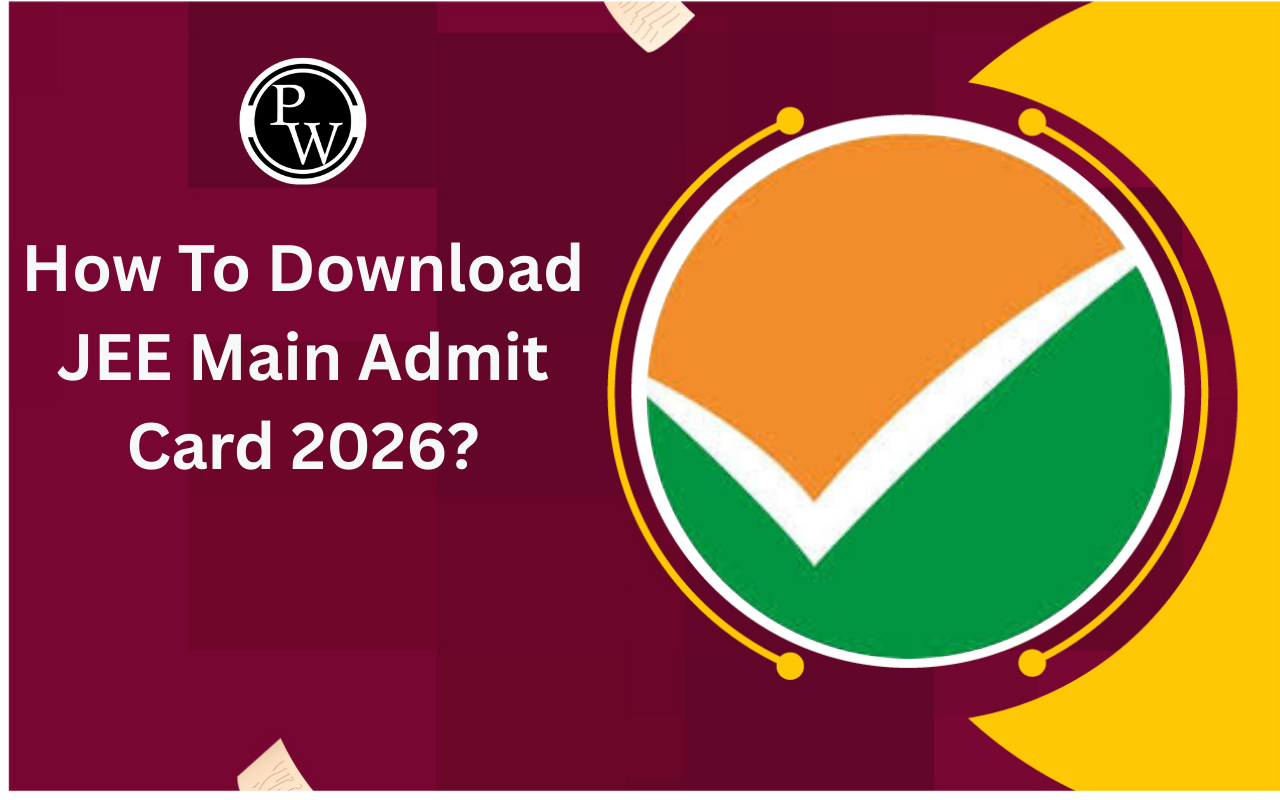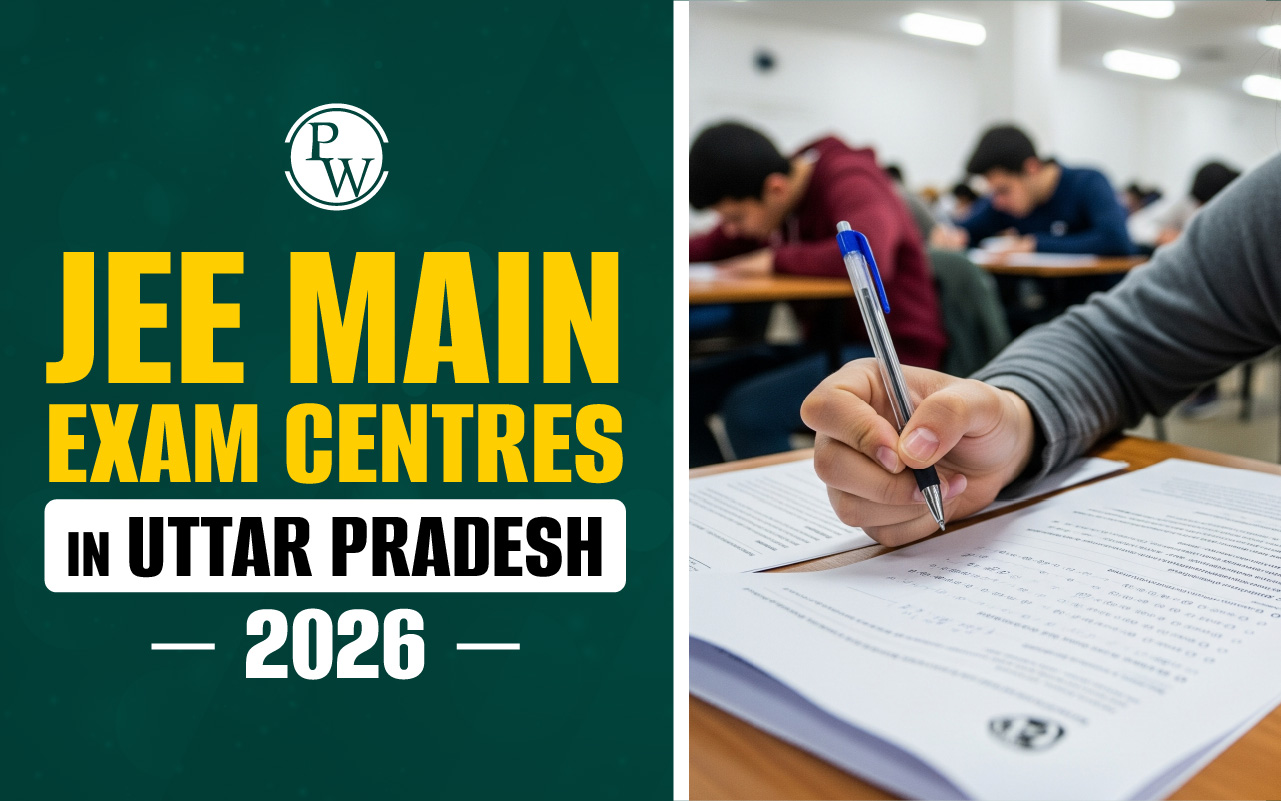JEE Advanced 2026, Key Highlights
Here are the important details about JEE Advanced 2026 to help you quickly understand the exam structure and key information
|
Exam Particulars
|
Details
|
|
Exam Name
|
Joint Entrance Examination Advanced (JEE Advanced)
|
|
Conducting Authority
|
IIT Kanpur
|
|
Exam Level
|
National
|
|
Exam Frequency
|
Once a year
|
|
Exam Mode
|
Computer-Based Test (CBT)
|
|
No. of Registered (2025)
|
1,87,223
|
|
No. of Appeared (2025)
|
1,80,442
|
|
No. of Qualified (2025)
|
54,378
|
|
Programs Offered
|
B.Tech, BS, B.Arch, Dual Degree, Integrated M.Tech / MSc
|
|
Total IIT Seats (2025)
|
18,160
|
|
Exam Fee
|
₹1,600 (Female/SC/ST), ₹3,200 (Others), USD 100–200 (Foreign)
|
|
Exam Duration
|
Paper 1: 3 hrs, Paper 2: 3 hrs (Both Compulsory)
|
|
Medium of Exam
|
English and Hindi
|
|
Accepted By
|
All IITs and participating institutes
|
|
Test Cities (2025)
|
222 cities across India
|
|
Official Website
|
jeeadv.ac.in
|
Also Check : JEE Advanced Eligibility Criteria
What is JEE Advanced?
JEE Advanced is conducted annually by one of the seven IITs or IISc Bangalore under the guidance of the Joint Admission Board (JAB). It serves as the entry point for undergraduate and integrated degree programs offered by the IITs. Based on their JEE Advanced ranks and preferences, candidates are allotted seats through the JoSAA counselling process.
What Does It Offer?
Through this exam, students can get admission in B.Tech, B.Sc, B.Arch, dual degree, and integrated master's programs at IITs.
-
Provides entry into premier B.Tech, B.Sc, and B.Arch programs at IITs.
-
Entry into Dual Degree programs (like B.Tech + M.Tech or BS + MS)
-
Admission to Integrated M.Tech and MSc courses
Courses Offered Through JEE Advanced
Candidates can apply for B.Tech, B.Sc, B.Arch (only at IIT Roorkee & Kharagpur), Dual Degree (B.Tech-M.Tech / BS-MS), and Integrated M.Tech/M.Sc courses.
-
B.Tech in different engineering streams
-
B.Sc in core science subjects
-
B.Arch (Only at IIT Roorkee and IIT Kharagpur)
-
Dual Degree Programs (B.Tech + M.Tech / BS + MS)
-
Integrated Master's (M.Tech or M.Sc)
JEE Advanced 2026 Exam Eligibility Criteria
Candidates should fulfill all of the following requirements:
-
Performance in JEE Main 2026: Candidates need to be among the top 2,50,000 rankers (across all categories) in the JEE Main B.E./B.Tech exam.
-
Age Limit: Date of birth on or after October 1, 2001 (5-year relaxation in age for SC, ST, and PwD).
-
Qualifying Exam: Candidates must have started Class 12 (or its equivalent) in 2025 or 2026, with Physics, Chemistry, and Mathematics as mandatory subjects.
-
Number of Attempts: A candidate can appear for the exam up to two times in two consecutive years.
-
IIT Admission Status: Not eligible if previously admitted to any IIT or if the admission was withdrawn.
Also Check : JEE Advanced Exam Pattern
JEE Advanced 2026: Important Dates (Tentative)
Candidates should regularly check the official website jeeadv.ac.in for the latest updates on the exam schedule.
|
Event
|
Expected Date
|
|
Online Registration Begins
|
April 2026
|
|
Admit Card Release
|
May 2026
|
|
JEE Advanced 2026 Exam Date
|
May 2026
|
|
Candidate Response Sheet Release
|
May 2026
|
|
Release of Provisional Answer Key
|
May 2026
|
|
Objection Window for Answer Key
|
May 2026
|
|
Final Answer Key and Result Declaration
|
June 2026
|
JEE Advanced 2026 Exam Pattern
Candidates can check below the JEE Advanced exam pattern 2026 :
-
In the JEE Advanced 2026 exam, candidates will have to appear for two question papers - Paper 1 and Paper 2, each lasting three hours. Both papers are mandatory.
-
The question paper will be divided into three parts: Physics, Chemistry, and Mathematics.
-
Negative marking applies to some questions, and the marking scheme details will be provided in the "Instructions to Candidates" section during the exam. It is crucial to read and follow the instructions carefully.
-
The question papers will be available in both Hindi and English, and candidates can switch between these languages at any time during the exam. However, if there is any discrepancy, the English version will be considered final.
-
The total duration of each paper is three hours (180 minutes), except for PwD candidates who have compensatory time and can take four hours (240 minutes).
JEE Advanced 2026 exam’s marking scheme, total score, and question types may vary each year. Here is the pattern from the latest exam to give candidates an idea.
Also Check : JEE Advanced Exam Day Guidelines
JEE 2025 Advanced Paper 1 Pattern
This paper had 3 sections, and each section was divided into further subsections as shown below:
|
Section
|
Number & Type of Questions
|
Marking Scheme
|
|
1
|
4 Single Correct MCQs
|
+3 for correct, -1 for incorrect, 0 for unattempted
|
|
2
|
3 Multiple Correct MCQs
|
+4 if all correct options chosen
+3 if all 4 correct but only 3 chosen
+2 if 2 correct options chosen
+1 if 1 correct option chosen
0 if none chosen
-2 in other cases
|
|
3
|
6 Numerical Answer Type (NAT)
|
+4 for correct answer, no negative marking
|
|
4
|
3 Match the Following
|
+4 for fully correct, -1 for any incorrect, 0 for unattempted
|
JEE 2025 Advanced Paper 2 Pattern
This paper had 3 sections, and each section was divided into further subsections as shown below: Candidates should use this information to understand the structure of the JEE 2026 Advanced exam and plan their preparation accordingly.
|
Section
|
Number & Type of Questions
|
Marking Scheme
|
|
1
|
4 Single Correct MCQs
|
+3 for correct, -1 for incorrect, 0 for unattempted
|
|
2
|
4 Multiple Correct MCQs
|
+4 if all correct options chosen
+3 if all 4 correct but only 3 chosen
+2 if 2 correct options chosen
+1 if 1 correct option chosen
0 if none chosen
-2 in other cases
|
|
3
|
8 Numerical Answer Type (NAT)
|
+4 for correct answer, no negative marking
|
JEE Advanced 2026 Syllabus
JEE Advanced syllabus covers key topics in Physics, Chemistry, and Mathematics based on Class 11 and 12 curricula. Candidates should thoroughly study the official syllabus to plan their preparation effectively.
JEE Advanced 2026 Subjects
Check JEE Advanced Subject Wise Syllabus in below link
JEE Advanced 2026 Registration Process
Candidates qualifying in JEE Main 2026 (top 2,50,000) must complete the JEE Advanced 2026 registration online on the official portal within the specified window. During the JEE Advanced 2026 registration process, candidates need to upload the necessary documents and pay the application fee.
-
Stay updated on JEE Advanced 2026 registration start and end dates, along with detailed instructions, by regularly visiting the official website: jeeadv.ac.in.
-
Ensure all eligibility criteria are met before applying for JEE Advanced 2026.
JEE Advanced Admit Card
Candidates who successfully register and pay the exam fee can download their JEE Advanced admit card from the official portal: https://cportal.jeeadv.ac.in/. The admit card includes important details like exam centre, date, and candidate information.
Important: Carry a printed admit card and a valid original photo ID on exam day. Accepted photo IDs include Aadhaar Card, Passport, Voter ID, Driving License, School/College ID, PAN Card, or a notarized certificate with photo.
Allowed items in the exam hall are limited to pens, pencils, a transparent water bottle, the admit card, and a valid photo ID.
JEE Advanced 2026 Mock Test
Mock tests for JEE Advanced 2026 will be available on the official website to help candidates prepare effectively. These practice tests allow candidates to become comfortable with the exam pattern and computer-based test (CBT) system.
-
Provisional answer keys for both papers will be published online after the exam for candidates to check.
-
Assess their preparation level
-
Improve speed, accuracy, and time management
Candidates should make full use of these mock tests to enhance their readiness for JEE Advanced 2026. Meanwhile, previous year mock tests (2025) can be used for practice: Mock Test 1 and Mock Test 2.
JEE Advanced 2025 Result Link
The official JEE Advanced 2025 result link is now active. Candidates can log in using their application number, date of birth, and security pin to view and download their scorecards.
JEE Advanced 2025 Final Answer Key
Along with the results, the final answer key for JEE Advanced 2025 was also released on June 2, 2025. Candidates can check the answer key on the official website to verify the correct answers and assess their performance.
JEE Advanced 2025 cutoff
JEE Advanced 2025 cutoff marks have been officially released along with the results. In order to be included in the rank list, candidates are required to achieve the minimum qualifying marks in each subject along with the overall aggregate cutoff. This year has seen a significant decline in cutoff percentages across all categories. The cutoff for the Common Rank List (CRL) has been set at 20.56%. Candidates belonging to the GEN-EWS and OBC-NCL categories need to secure a minimum of 18.50% to meet the cutoff criteria. Meanwhile, SC, ST, and PwD candidates need to score at least 10.28%, and those in the Preparatory Course category must secure a minimum of 5.14% to be considered.
JEE Advanced 2025 Toppers List
JEE Advanced 2025 Toppers List : JEE Advanced 2025 exam, conducted by IIT Kanpur on May 18, saw its results announced on June 2, bringing joy and pride to students across the nation. This year marks a historic achievement for Physics Wallah (PW), as one of its students has made it to the Top 10 All India Ranks for the very first time. Majid Hussain, a dedicated learner who prepared solely through PW’s online platform, secured an outstanding All India Rank 3, a remarkable testament to the potential of online education. Rajit Gupta secured the top position in the merit list by securing All India Rank 1 with an outstanding score of 332 out of 360 marks. Devdutta Mazhi emerged as the top-ranked female candidate, achieving an impressive All India Rank of 16.
JEE Advanced 2026 Preparation Tips
To prepare for JEE Advanced, do the following:
-
Start Early : Start your preparation at the earliest possible moment. This will provide you with sufficient time to go through the whole syllabus and find those areas which need more attention.
-
Understand the Exam Pattern: Know the pattern of the JEE Advanced examination. Understand the nature of questions you will be facing and the marking scheme. This will aid you in formulating your study plan effectively.
-
Make a Study Schedule: Create a daily study plan. Provide time for every subject: Physics, Chemistry, and Mathematics. Take care to keep your preparations evenly distributed across all three subjects.
-
Prioritize NCERT Books: Begin with NCERT textbooks for every subject. NCERT books cover basic concepts in a simple manner and are necessary for developing a strong foundation.
-
Practice Regularly: Solve previous year question papers and take regular mock tests to get familiar with the exam pattern and improve your problem-solving speed.
-
Analyze Mock Tests: Once you have finished taking mock tests, go through the answers carefully. Point out errors and realize where you went wrong. Work on enhancing those weaker areas.
-
Prioritize High-Weightage Topics: Choose chapters that have more marks in the exam. Give more time to these topics to achieve your maximum score potential.
-
Revise Regularly: Allocate weekly time to revision. Going through subjects again helps solidify what you've studied and enhances retention.
-
Stay Updated: Watch out for official notifications about any changes in the syllabus or exam pattern. Tweak your preparation to remain on track accordingly.
It is also important to select the correct study materials. Seriously use the prescribed books and your coaching materials, as they contain a number of problems to practice. Also, make notes, short points, revision notes, road maps of chemical equations, and formula books to study more efficiently.
JEE Advanced Year-wise Registrations, Qualifiers & IIT Seat Allotments
Candidates can refer to the table below for detailed data on the number of students who registered, appeared, qualified, and were allotted seats in IITs through JEE Advanced over the past few years:
|
Year
|
Registered Candidates
|
Appeared Candidates
|
Qualified Candidates
|
Seats Allotted in IITs
|
|
2025
|
1,87,223
|
1,80,422
|
54,378
|
To be announced
|
|
2024
|
1,86,584
|
1,80,200
|
48,248
|
17,695
|
|
2023
|
1,89,487
|
1,80,372
|
43,769
|
17,340
|
|
2022
|
1,60,038
|
1,55,538
|
40,712
|
16,635
|
|
2021
|
1,51,193
|
1,41,699
|
41,862
|
16,296
|
|
2020
|
1,60,838
|
1,50,838
|
43,204
|
16,061
|
|
2019
|
1,74,432
|
1,61,319
|
38,705
|
13,604
|



